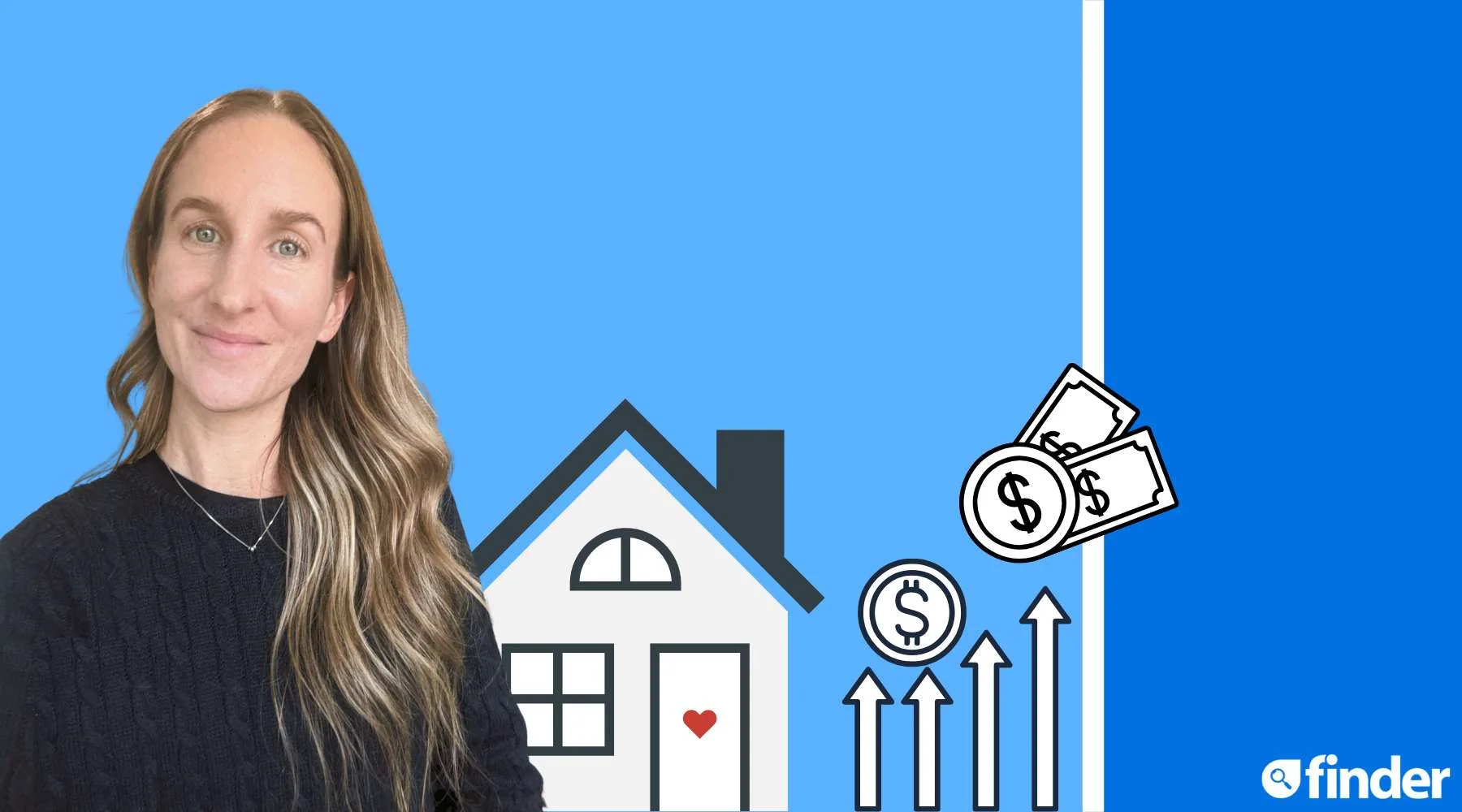Should you contribute extra to superannuation? I don’t, and here’s why.

I'm a superannuation editor and know full well the value of making extra contributions, but it doesn't make sense for me to do it right now.
There are some great benefits to making extra super contributions. Firstly, by adding money into super via salary sacrifice you're reducing your taxable income, meaning you pay less tax.
Secondly, adding a little extra into your super over your working life can help you retire with a much larger super balance. Adding just $50 a week from age 25 could see you retire with an extra $150,000 in super. If you bumped this up to $100 a week, that's an extra $300,000 at retirement.
While the benefits are clear, that doesn't mean adding extra to your super is the right move for everyone. For me and the current stage of life I'm in it's not the right choice, and here's why.
I'm about to build a house
My partner and I are planning to build a house over the next 2 years on a block of land we purchased 12 months ago. It's not exactly a cheap exercise, and I need every dollar I have (and then some!) to go towards the deposit and build cost.
Because of this, I need my money (well, most of it) to be easily accessible. The more of the build we can pay for in cash, the less we'll need to borrow from the bank and the less interest we'll pay on the loan.
That's not to say that all my money is sitting in cash – I do have some shares, ETFs and cryptocurrency. But if I needed to I could easily sell these and take the cash (although I hope I don't need to sell in the current market). This isn't the case with super.
If I was to add extra cash into my super, I wouldn't be able to access it until I retire. While it would be growing in my super fund, I've decided that it's more valuable to me right now to have my extra cash readily available to help get us into our first home. And it's not as though I'm not adding to my super at all, I'm still earning 10.5% of my annual earnings in super payments courtesy of my employer.
The Barefoot Investor also advocates for this approach, saying in his Barefoot Steps that you should aim to increase your super contributions after you buy your home. If you're saving for a house deposit, adding extra money into super could just slow you down.
I'm not eligible for the First Home Super Saver Scheme (but you might be!)
You might be thinking "but what about the First Home Super Saver Scheme?!'' This government scheme allows first home buyers to contribute extra to their super and later withdraw their contributions plus the investment earnings for a house deposit.
It's a handy way to take advantage of the tax benefits of contributing to your super to help you save money, without having to lock the money away until retirement.
Unfortunately, I missed out on this scheme. The ATO says you need to apply for this scheme before you sign the contract for your first home. Although we haven't yet started to build our house, we signed the contract for the land quite some time ago.
If you're saving for a deposit for your first home and want to take advantage of the First Home Super Saver Scheme, learn from my mistake and apply well before you find the property you want to buy.
I plan on making extra contributions later
As I said earlier, I am well aware of the many benefits of making extra super contributions. I completely intend on making additional contributions to my super once we're living in our first home.
In the meantime, I'm making sure my super is working as well as it can for me by ensuring I'm in a high-performing super fund with low fees.
If you're not ready to make additional super contributions, taking the time to check you haven't got multiple funds (and consolidating them if you do) is a great first step to getting your super sorted. Switching to a new super fund with higher returns and lower fees will also help boost your balance.
Ask a question
